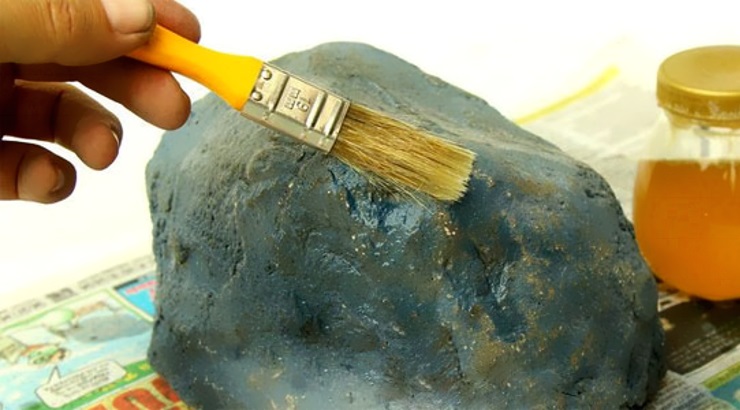Materials & Supplies
Headache for Kenyan Builders as Fakes Flood Market
The fake products are mainly sourced from China, Dubai, Japan, Korea, and India.

A construction boom in Kenya has created a huge market for building materials, and rogue traders are taking advantage of this demand to introduce fakes into the local market.
From non-certified steel to pipes and low-quality fittings, the market is now flooded with counterfeit “cheap” goods targeting cost-conscious buyers of building materials.
According to the Kenya Revenue Authority (KRA), the most counterfeited materials are steel, pipes and pipe fittings, valves, electric equipment, fasteners, roofing materials and cement.
The products are mainly sourced from China, Dubai, Japan, Korea, and India.
KRA is cautioning builders against buying counterfeit goods due to serious repercussions, including property damage and loss of lives.
RELATED: 6 Main Causes of Building Collapse in Kenya
The taxman has advised suppliers to verify goods before selling them to customers failing which they will risk forfeiture of the products and prosecution.
KRA has unveiled a smartphone application that can be used to verify authentic products in the war against counterfeits.
“The app is the transfer of power from the government to the public to help combat fake goods, boost revenue and protect consumers from harmful contraband products,” says KRA chief manager of market surveillance Caxton Masudi.
Counterfeit building materials are preferred by unscrupulous dealers because they sell at faster rates compared to genuine products since the fakes are offered at low prices.
“A genuine tap goes for an average of Sh1,000 but a fake one would even cost a quarter of that amount. A developer out to make the most from his project would go for these gadgets,” says Antony Kuyo, a real estate consultant based in Nairobi.
Some rogue property developers are using fake products for their for-sale properties – forcing home buyers to replace most fittings as soon as they move into their newly acquired homes since counterfeits last for only a few months.
The use of fake and substandard building products has also been blamed for the rising incidents of building collapse in various parts of the country.
Kenya is ranked among the largest markets for fake products in Africa.
According to the Anti-Counterfeit Agency, the country loses about Sh70 billion annually due to fake products. This amount of money rivals the country’s foreign exchange earnings from key sectors such as horticulture and tourism.














